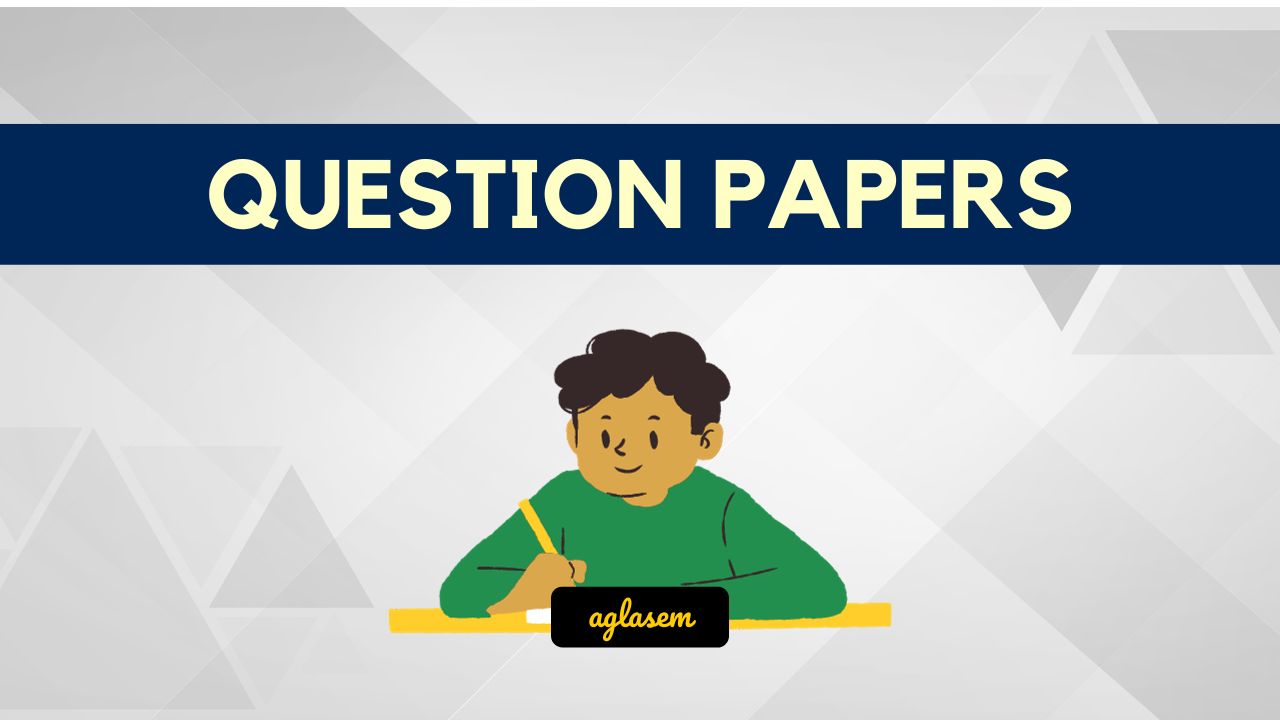NCERT Solutions 2025 Class 9 English Chapter 3 The Little Girl, Rain on the Roof has been published by Aglasem. You can now download the Class 9 English Ch 3 Questions and Answers PDF here. This NCERT Solutions for Class 9 English contains answers of all questions asked in Chapter 3 in textbook, Beehive. Therefore you can refer it to solve The Little Girl, Rain on the Roof exercise questions and learn more about the topic.
NCERT Solutions for Class 9 English Chapter 3 The Little Girl, Rain on the Roof
Class – Class 9
Subject – English
Chapter – Ch 3
Chapter Name – The Little Girl, Rain on the Roof
Book – Beehive
Study Material – NCERT Solutions
NCERT Solutions for Class 9 English Chapter 3 PDF
While you can read NCERT Solutions for Class 9 English Ch 3 for all exercises here on aglasem. You can also download this NCERT Solutions PDF to refer ncer question answer at anytime when you study The Little Girl, Rain on the Roof. Here it is.
NCERT Solutions for Class 9 English Chapter 3 PDF Download Link – Click Here to Download Solutions PDF
How to download NCERT Solutions for Class 9 English Chapter 3 PDF?
You can download the complete NCERT solutions for chapter 3 of this NCERT Book i.e. Beehive with following steps.
- First search NCERT Solutions for Class 9 English Ch 3 PDF aglasem and come to this page.
- Now you will see the exercise questions answers of The Little Girl, Rain on the Roof and download pdf link on it.
- Click the Download PDF link to obtain the The Little Girl, Rain on the Roof questions with answers document.
NCERT Solutions for Class 9 English
There are more chapters to study besides The Little Girl, Rain on the Roof in this subject. So here are NCERT solutions for all topics of English taught in 9th class here at aglasem.
- Beehive
- Chapter 1 The Fun They Had, The Road Not Taken
- Chapter 2 The Sound of Music, Wind
- Chapter 3 The Little Girl, Rain on the Roof
- Chapter 4 A Truly Beautiful Mind, The Lake Isle of Innisfree
- Chapter 5 The Snake and the Mirror, A Legend of the Northland
- Chapter 6 My Childhood, No Men Are Foreign
- Chapter 7 Reach for the Top, On Killing a Tree
- Chapter 8 Kathmandu, A Slumber Did My Spirit Seal
- Chapter 9 If I Were You
- Moments
- Chapter 1 The Lost Child
- Chapter 2 The Adventures of Toto
- Chapter 3 Iswaran the Storyteller
- Chapter 4 In the Kingdom of Fools
- Chapter 5 The Happy Prince
- Chapter 6 Weathering the Storm in Ersama
- Chapter 7 The Last Leaf
- Chapter 8 A House Is Not a Home
- Chapter 9 The Beggar
NCERT Solutions for Class 9
Just like you got English Ch 3 solutions here. You can see exercise questions answers of other subjects and their topics too on aglasem. Here are NCERT solutions for all subjects of 9th standard NCERT books.
NCERT Solutions for Class 9 English Chapter 3 – An Overview
The key highlights of this study material are as follows.
| Aspects | Details |
|---|---|
| Class | Class 9 |
| Subject | English |
| Chapter Number | Ch 3 |
| Chapter Name | The Little Girl, Rain on the Roof |
| Book Name | Beehive |
| Book By | NCERT (National Council of Educational Research and Training) |
| Educational Resource Here | NCERT Solutions of Class 9 English Ch 3 for All Exercise |
| More Questions Answers of This Subject | NCERT Solutions for Class 9 English |
| Download Book Chapter PDF | NCERT Book Class 9 English Chapter 3 |
| All Questions Answers For This Class | NCERT Solutions for Class 9 |
| Complete Solutions | NCERT Solutions |
If you have any queries on NCERT Solutions for Class 9 English Chapter 3 The Little Girl, Rain on the Roof, then please ask in comments below.
To get study material, exam alerts and news, join our Whatsapp Channel.









